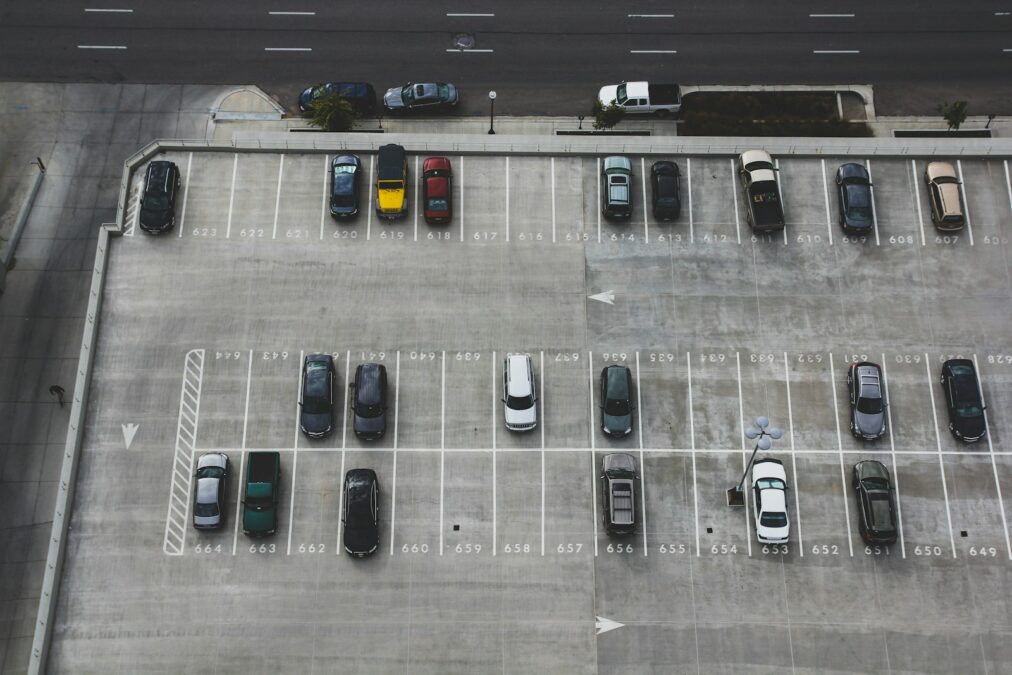Revolutionizing City Traffic Through Innovative Parking Technologies
The Growing Need for Smart Parking in Urban Centers
Smart Parking Solutions are crucial in addressing the challenges of urban congestion and enhancing accessibility in bustling metropolises such as Dubai and Riyadh. These innovative systems utilize cutting-edge technologies like Artificial Intelligence and the Internet of Things (IoT) to optimize parking space usage and reduce traffic in city centers. By providing real-time data on available parking spots, these systems significantly decrease the time spent circling city blocks, thus reducing carbon emissions and improving overall traffic flow within the city.
How Smart Parking Eases Urban Accessibility
Smart Parking systems contribute significantly to enhancing urban accessibility by simplifying the search for parking spaces in densely populated areas. In cities like Riyadh, where rapid development and economic prosperity have led to increased vehicle ownership, finding a parking spot can be a significant challenge. Smart Parking technologies such as sensor-based guidance systems direct drivers to the nearest available spot, thus saving time and reducing frustration. This not only improves the quality of life for residents but also supports local businesses by making commercial areas more accessible to visitors.
Integrating AI and IoT in Smart Parking Systems
Integration of Artificial Intelligence and IoT has transformed traditional parking into highly efficient, dynamic systems. In Dubai, AI algorithms analyze patterns in parking behavior to predict spot availability and guide municipal planning. IoT sensors, on the other hand, provide real-time data to drivers through mobile apps and navigational aids, creating a seamless and interactive parking experience. This synergy between AI and IoT not only boosts parking efficiency but also paves the way for future innovations in urban mobility.
Blockchain Technology for Secure Parking Transactions
Blockchain is setting new standards for security in smart parking transactions. By encrypting transaction data, blockchain technology ensures that payments for parking are secure and tamper-proof. This is particularly relevant in UAE cities like Dubai, where digital transactions are rapidly replacing traditional cash-based methods. Blockchain’s decentralized nature also means that data on parking availability can be shared across platforms without the risk of fraud, making it a reliable technology for smart city infrastructures.
Challenges in Implementing Smart Parking Solutions
Despite their benefits, implementing Smart Parking Solutions in urban areas comes with its set of challenges. The high initial investment in technology and infrastructure can be a barrier for many cities. Moreover, adapting existing parking facilities to integrate smart technologies requires significant planning and coordination between various stakeholders, including city planners, technology providers, and the public. However, the long-term benefits of reduced urban congestion and improved accessibility present a compelling case for cities to invest in these technologies.
Public-Private Partnerships Driving Smart Parking Initiatives
In both Riyadh and Dubai, smart parking initiatives are often the result of successful collaborations between the public and private sectors. Municipalities partner with technology companies and parking management firms to implement these solutions effectively. This synergy allows for the pooling of resources and expertise, ensuring that smart parking projects are not only technologically advanced but also economically viable. By leveraging the strengths of both sectors, cities can accelerate the deployment of smart parking systems and maximize their impact on urban congestion and accessibility.
Environmental Benefits of Smart Parking Solutions
Beyond easing traffic congestion, smart parking solutions offer significant environmental benefits. By reducing the time spent searching for parking, these systems help minimize vehicle emissions, contributing to cleaner air and a healthier urban environment. Additionally, by encouraging the use of public transportation and alternative modes of mobility, smart parking initiatives align with cities’ sustainability goals. Riyadh and Dubai, with their ambitious sustainability agendas, are increasingly turning to smart parking as a key component of their eco-friendly urban planning strategies.
Continuous Improvement Through Data Analysis
One of the advantages of smart parking systems is their ability to collect and analyze data on parking patterns and usage. By leveraging this data, cities can make informed decisions to optimize parking infrastructure and better meet the needs of residents and visitors. For example, insights gained from data analysis may inform the expansion of parking facilities in high-demand areas or the implementation of dynamic pricing models to manage parking demand effectively. This iterative approach to parking management ensures that smart parking solutions remain responsive to evolving urban dynamics and contribute to ongoing improvements in urban accessibility.
Future Trends in Urban Parking Management
Looking ahead, the future of urban parking management is likely to be dominated by even more advanced AI and IoT implementations. Innovations such as autonomous parking drones, robotic valet services, and vehicle-to-infrastructure communication could further revolutionize the way cities handle parking. These technologies will not only alleviate urban congestion but also contribute to the creation of smarter, more livable urban environments. With ongoing advancements and increased governmental support, cities like Riyadh and Dubai are set to lead the way in this exciting frontier.
#SmartParking, #UrbanCongestion, #Accessibility, #Riyadh, #Dubai, #SaudiArabia, #UAE, #ArtificialIntelligence, #Blockchain, #BusinessSuccess, #ChangeManagement, #ExecutiveCoaching









